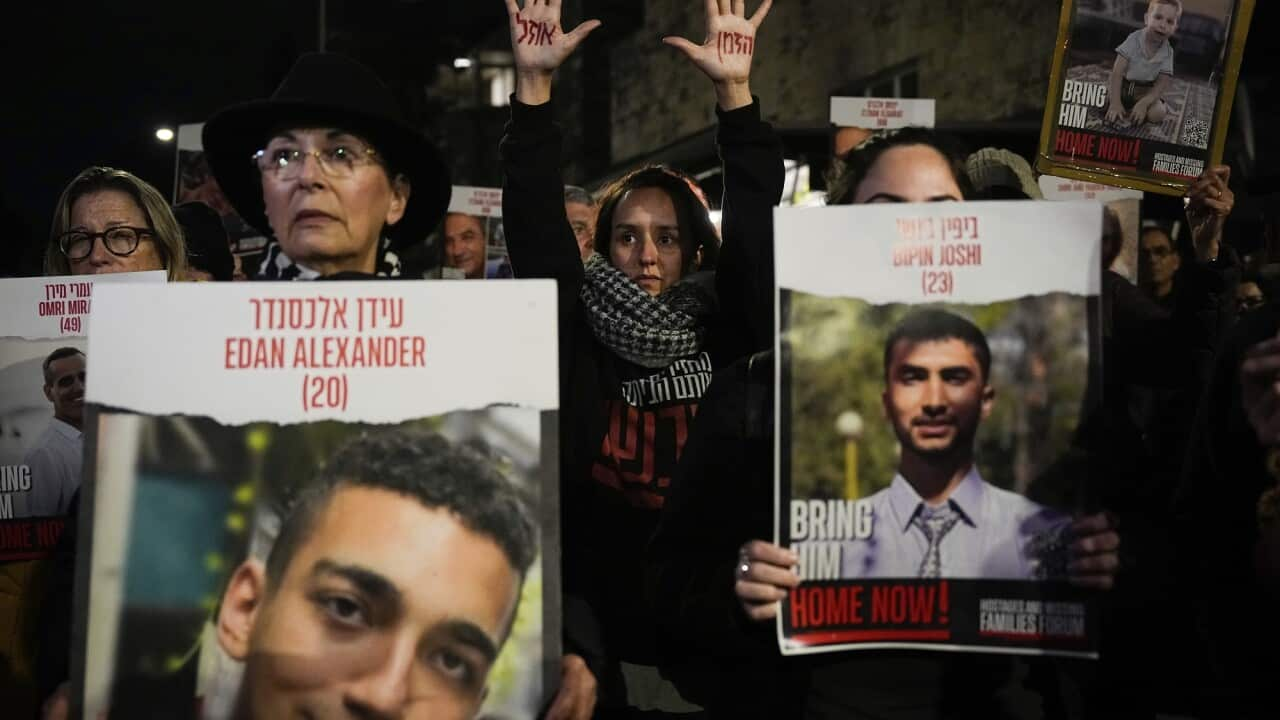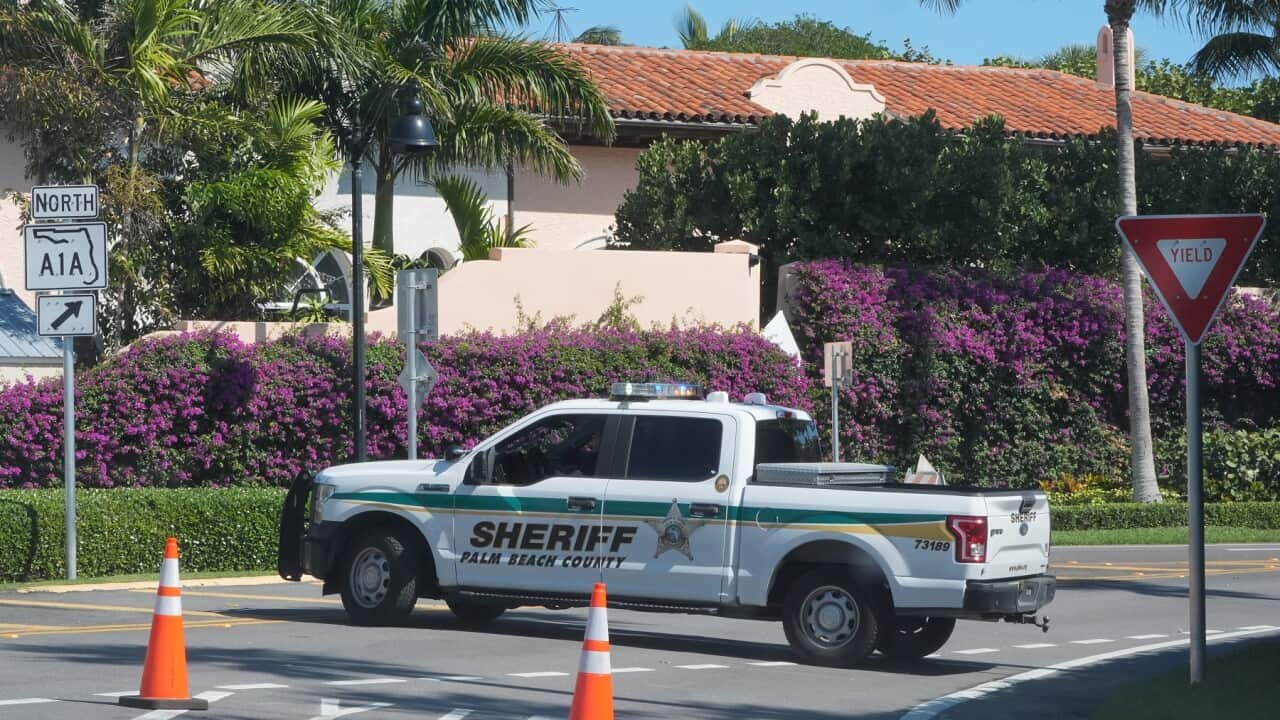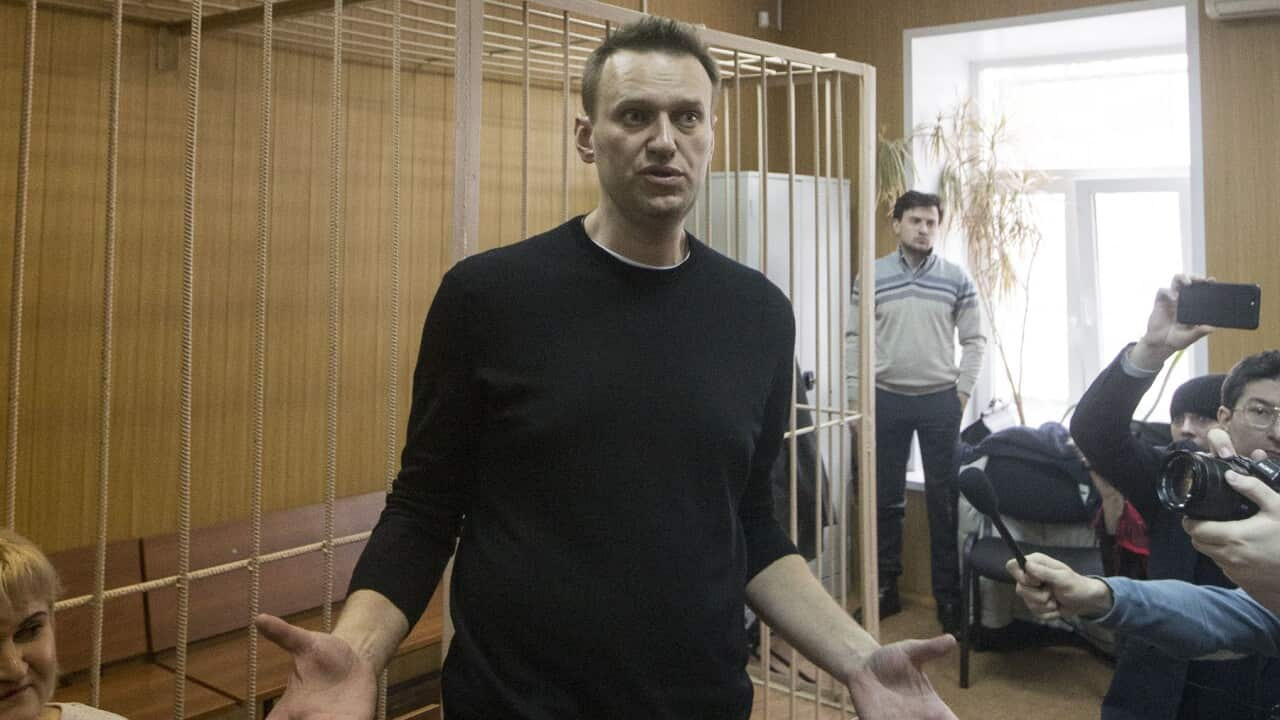Listen to Australian and world news, and follow trending topics with SBS News Podcasts.
TRANSCRIPT
Hopes of a deal for a Gaza ceasefire dashed again.
Israel has been working to secure the release of the remaining 132 Israeli hostages held by Hamas.
On Monday, hopes were revived with reports the Israeli government had offered a two-month ceasefire to Hamas for the release of the remaining hostages.
After hours of back and forth discussion, Israeli government spokesman Eylon Levy says it cannot agree to the conditions outlined by Hamas.
"The goals of this war, as laid out by the war cabinet after the October 7th massacre and handed down to the IDF, remain unchanged: the destruction of Hamas' governing and military capabilities in the Gaza Strip and the return of all the hostages. There will be no ceasefire that leaves the hostages in Gaza and Hamas in power. Beyond that, we have nothing to elaborate."
Qatari and Egyptian mediators have been trying for weeks to bridge the gaps between the parties to reach a deal.
US official John Kirby says the US is also assisting in negotiations to free the hostages.
He says adviser to US President Joe Biden, Brett McGurk, is in the Middle East right now with that as his key focus.
"Again, I don't want to get ahead of where we are or give you a - I can't give you odds on if and when we'll be able to get there. But the conversations are very sober and serious about trying to get another hostage deal in place. But we would absolutely support, humanitarian pause of, of a longer length than the week that we were able to accomplish. Absolutely. We would."
With Israeli Prime Minister Benjamin Netanyahu's approval plummeting amid a perceived failure to secure the release of hostages, Israel experienced what he described as "one of the hardest days" in the war yet.
Mr Netanyahu mourned the loss of "24 of our best sons", including 21 IDF reservists killed in a single blast in central Gaza on Monday - the deadliest day for Israeli soldiers since October 7.
Israelis expressed sadness over the deaths, reportedly caused by Palestinian militant rocket fire collapsing a building in which IDF forces were operating.
But chief military spokesman Daniel Hagari, claiming the IDF had itself killed a hundred Hamas fighters in Khan Younis on the same day, says the military action which led to the deaths would continue.
"We have carried out dozens of similar actions in this war, even more than dozens, and we will continue to carry them out because there is no other way. We have to act on the ground everywhere in the Gaza Strip, both from the air, as well as with ground operations and other engineering operations such as underground tunnels - there is no way to destroy them other than being on the ground."
The southern city of Khan Younis has become a focus of Israel's ongoing offensives, as well as humanitarian concern, with medical sources telling Al Jazeera at least 40 people had been killed in attacks on the besieged Nasser Hospital.
This comes after Hamas' Health Ministry in Gaza says at least 25,490 people have now been killed in Gaza, and more than 63,350 (63,354) wounded.
WHO spokesperson Christian Lindmeier says there are only 14 partially functioning hospitals in Gaza to support high numbers of casualties, with two more now functioning only minimally.
"Al-Khair Hospital which is one of the two hospitals that is now being raided and we don't have specific updates on the situation, and the Nasser Hospital that is now basically besieged around the hospital and has no way in and out. I know it must be a horrible scenario on the ground there with people not knowing what the next minutes will bring.”
The dire humanitarian situation in Gaza featured heavily at an emergency meeting of the United Nations Security Council on recent escalations in the conflict, where the Israeli and Palestinian envoys clashed.
A weary UN Secretary-General Antonio Guterres restated his calls for the immediate release of all hostages in Gaza and an immediate humanitarian ceasefire.
He also warned Israel's rejection of a two-state solution threatened global peace.
"Israelis must see their legitimate needs for security materialised, and Palestinians must see their legitimate aspirations for a fully independent, viable and sovereign state realised in line with the United Nations resolutions, international law and previous agreements. Israel's occupation must end."
Mr Guterres addressed fears about regional escalation, which he said were "becoming a reality", as he condemned attacks by the Iran-backed Houthi rebels in Yemen on Red Sea shipping lanes.
He called for de-escalation by the US and UK, as the UK released a statement saying 24 countries - including the US, and Australia in a supporting role - conducted additional strikes on Monday against eight targets in Houthi-controlled areas of Yemen.
Meanwhile in Lebanon, where exchanges between the IDF and the Iran-backed militant group Hezbollah have killed six Israelis and 25 Lebanese civilians and driven tens of thousands from their homes on both sides, fears of more loss of life are growing.
Foreign Minister Abdallah Bou Habib says he is worried the country could be pushed into a war, with devastating consequences.
"Hezbollah has more means than Hamas and therefore, I mean, it's going to be very difficult. It's going to be costly for everybody. Of course, Israel has the airforce, and they can dominate the air and the land as well. But on the whole, it's going to be damaging for everybody. I think the Israelis know that. And I think that they won't do it. They won't attack."













